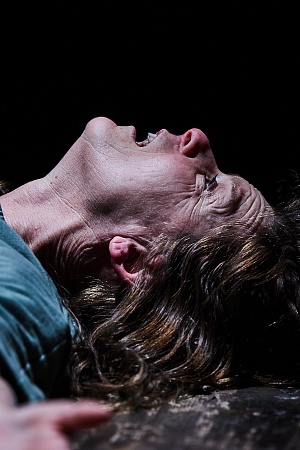Ian Dickson reviews 'Endgame'
The fact that two of Australia’s major theatre companies are performing Endgame concurrently is, one hopes, merely a coincidence and not a reflection on the national Zeitgeist, for the play is one of the bleakest works in Samuel Beckett’s not exactly sunny canon. If Vladimir and Estragon in Waiting for Godot cling desperately to some hope, their counterparts in Endgame, Hamm and Clov, have long since given up. It has been said that Waiting for Godot is a despairing play about hope and Endgame a despairing play about despair. But it is more accurately a play about the aftermath of despair, the torpid calm that comes after one has passed through the slough of despond and all that is left is to fill the hours with bickering and pointless gamesmanship. As Hugh Kenner has pointed out, Endgame is a play about performance – the performance of despair rather than despair itself. If we believe in a chaotic godless world, ‘whatever we do, then, since it can obtain no grip on our radically pointless situation, is behavior pure and simple; it is play acting’.
Continue reading for only $10 per month. Subscribe and gain full access to Australian Book Review. Already a subscriber? Sign in. If you need assistance, feel free to contact us.















Leave a comment
If you are an ABR subscriber, you will need to sign in to post a comment.
If you have forgotten your sign in details, or if you receive an error message when trying to submit your comment, please email your comment (and the name of the article to which it relates) to ABR Comments. We will review your comment and, subject to approval, we will post it under your name.
Please note that all comments must be approved by ABR and comply with our Terms & Conditions.